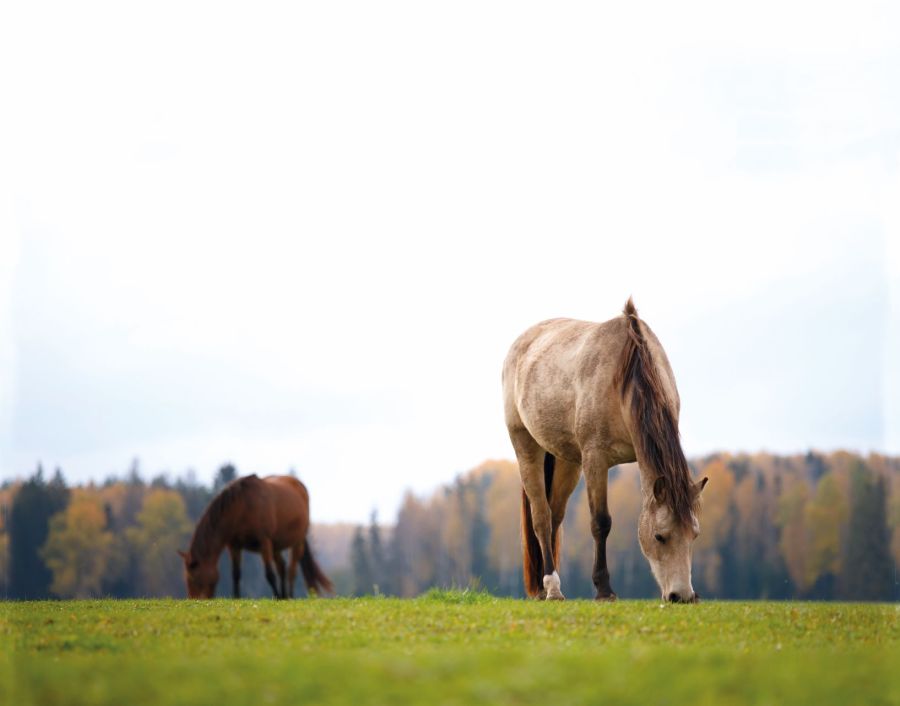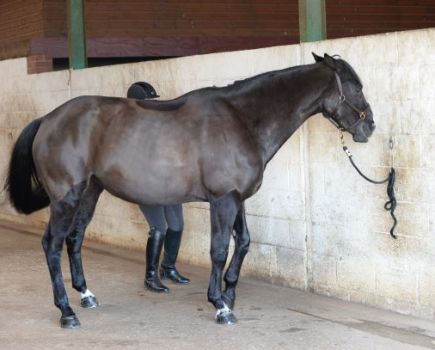The manager of the Royal Stud at Balmoral has offered advice on avoiding grass sickness, after losing five Highland ponies to the disease. Sylvia Ormiston said she had never experienced equine grass sickness in all her years with horses until the acute, fatal cases between 2017 and 2018. The disease is fatal in an estimated 80 percent of cases. Damage to the nervous system results in paralysis of the gut but the cause is still not fully understood.
“Having been affected so terribly I am determined to help raise awareness and fund raise to the best of my ability to assist with the eradication of this horrific disease,” said Sylvia. “I am a great believer in keeping something else in your pony’s tummy other than just grass especially during the spring and summer months. It is not easy for me to remove the 45 ponies we have from the pasture for a chunk of the day, which is recommended good practice, so I feed hay in the field every day.
“I believe in keeping the gut as healthy as possible by feeding a high fibre diet and avoiding sudden changes to the ration. The ponies also have a low-calorie mineral lick to use 24/7 as the ground we graze on is very low in selenium.”
‘Be aware of your horse’s habits’
Cases of equine grass sickness have been reported across the UK and can occur throughout the year although it is most common over the summer months. The exact cause of the disease is still unknown, but there is some indication that Clostridium botulinum may be involved.
There is also a suggestion that a selenium deficiency may be a contributing factor due to it being integral to the horse’s immune defences and so a shortfall may make a particular horse more susceptible. Recently, soil science has been called on to investigate the disease further.
“Being aware of your horse’s habits as well as keeping a close eye on their manner and performance can help pick up any early warning signs to their well-being,” added Sylvia. “Noticing if they haven’t done as many droppings or they aren’t eating as much is really important for catching problems early and having a better chance of a successful outcome”.
Feed company Dengie is supporting this year’s Equine Grass Sickness awareness week at the end of
March. More information on the disease as well information on suitable feeds can be found on the Dengie website.
Visit the Equine Grass Sickness Fund for more information on how you can help raise awareness and funds to help with the continuing research.
Lead image: Stock image form Your Horse Library, not ponies mentioned in report









